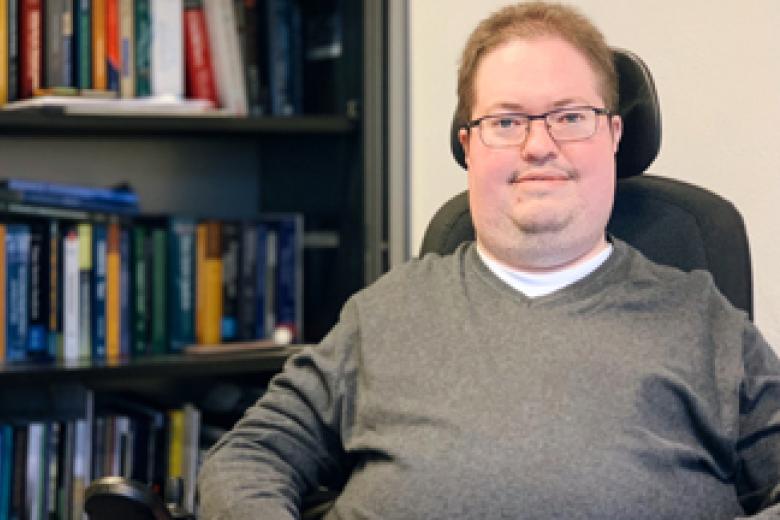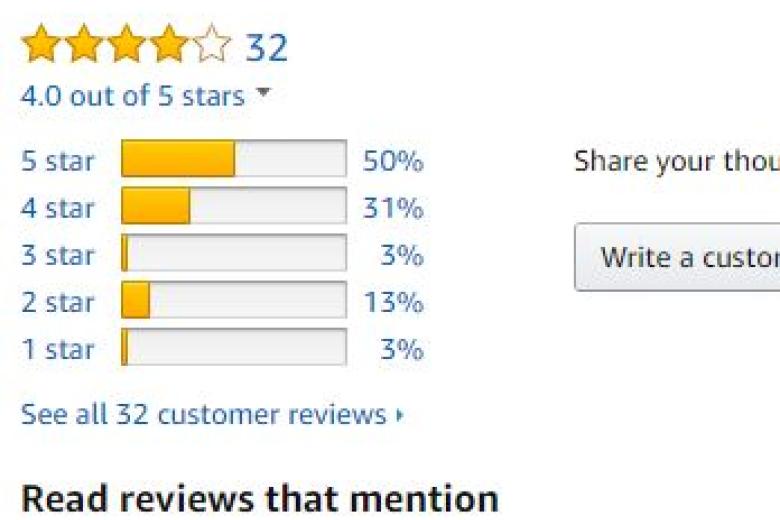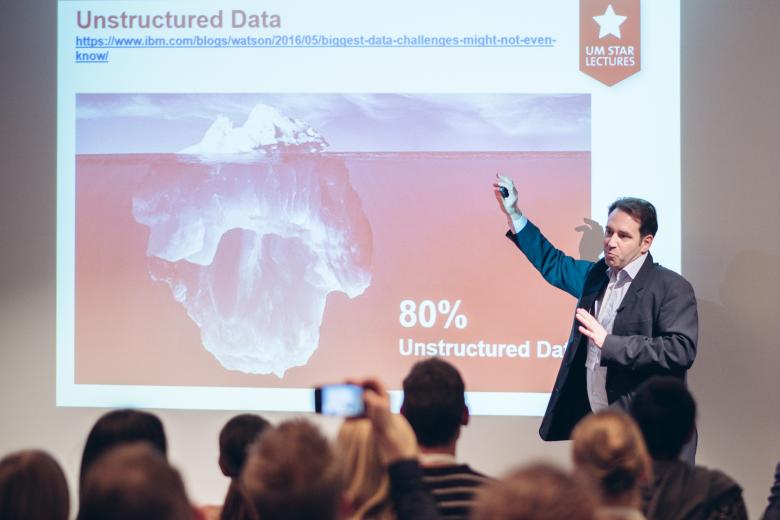Data-Driven Decision-Making
From the 5G mobile phones in our hands and holidays we book online to the smart IDs we use to access government services, and from the rise of “disruptive” firms such as Uber and Spotify to robotics and the Internet of Things, the digital 21st century is producing ever greater amounts of data, much of it unstructured. These datasets are remarkable for their size, their variety and the speed at which they are generated. For citizens, industry, academia and government, the opportunities to profit from this data deluge are many, but the challenges are significant.
Responding to the demand for theory and analytical methods capable of tackling these challenges, Data-Driven Decision Making is a uniquely interdisciplinary research theme centred on the application of data science in its widest sense. Aiming to become a recognised cluster for scientific excellence, the cross-faculty team comprises nearly 60 researchers in fields such as marketing, econometrics and operations research, economics, finance, accounting, information management, organisation and strategy, who will collaborate with colleagues at Maastricht University’s new Institute for Data Science (IDS), the Department of Data Science and Knowledge Engineering (DKE) and the Business Intelligence and Smart Services Institute (BISS).
D3M’s team will focus on research areas including disruptive technologies and business models, consumer and workforce analytics, risk and uncertainty quantification, big data’s role in official statistics, pensions, financial markets and asset pricing, micro- and labour economics, digital platforms, and fields such as large-scale optimisation and related mathematical systems. As opportunities to understand consumer behaviour grow and firms’ business models are redefined; as governments use new data sources for everything from pothole repair to economic forecasting; as international organisations such as the European Union set policies on food security and clean energy; and as academics in all disciplines work with ever more powerful research tools, the Data-Driven Decision Making team’s goal is to help improve decision-making at all levels of society.
Data used to be structured numbers, but in the digital age we're confronted with many different types – text, pictures, video, voice and neurodata – and they are a challenge to capture and analyse
Martin Wetzels, leader of the Data-Driven Decision-Making research theme
PhD position
This research theme is offering one PhD position. For more general information on PhD's please refer to the GSBE Education pages.
In the spotlight
Upcoming Events
Events
PAS Festival, 7 September 2018, Maastricht University, Maastricht
Rudolf Müller, scientific director of the BISS Institute and professor of quantitative infonomics at SBE, will speak on online platforms, one of the digital economy's most game-changing business models. His lecture, which will be delivered in English at 21:00 and in Dutch at 22:30, is entitled "Auctions and the Platform Economy"/"Veilingen en de Platformeconomie".
Paulo Rodrigues, assistant professor of finance at SBE, will speak on the subject of cryptocurrency, fintech and the changing finance landscape. His lecture, which will be delivered in English at 22:00, is entitled "Can Bitcoin Make You Rich?".
Admission is free and these lectures are open to all.






